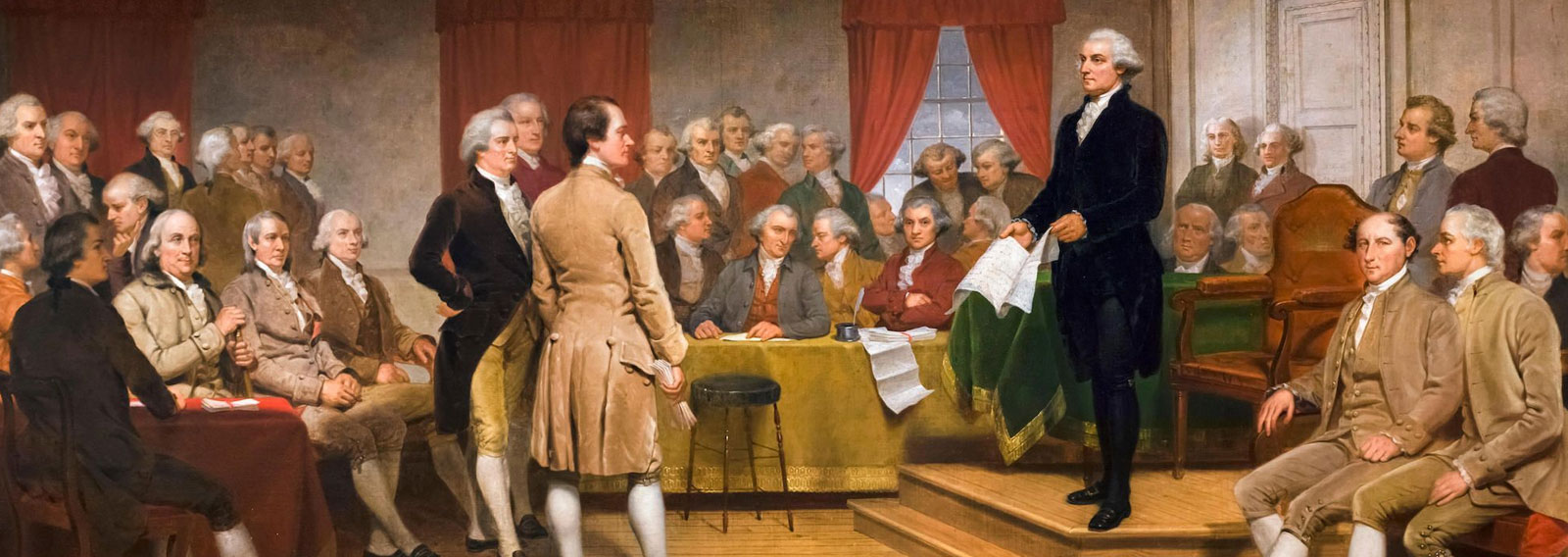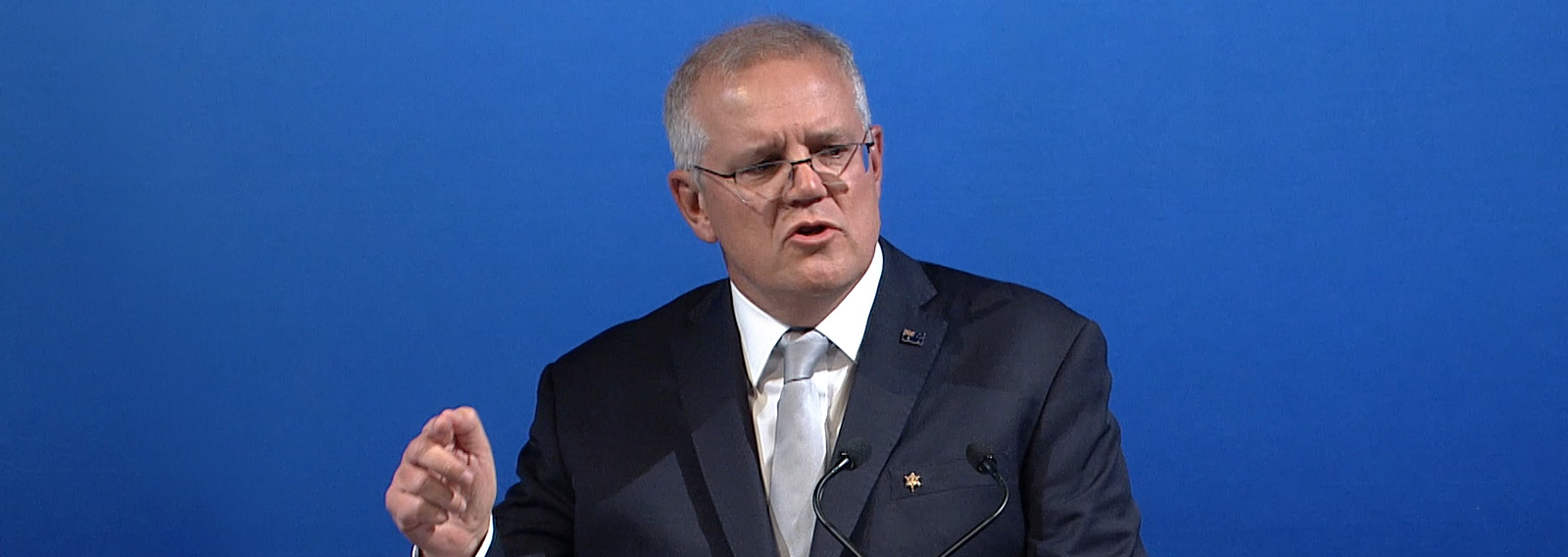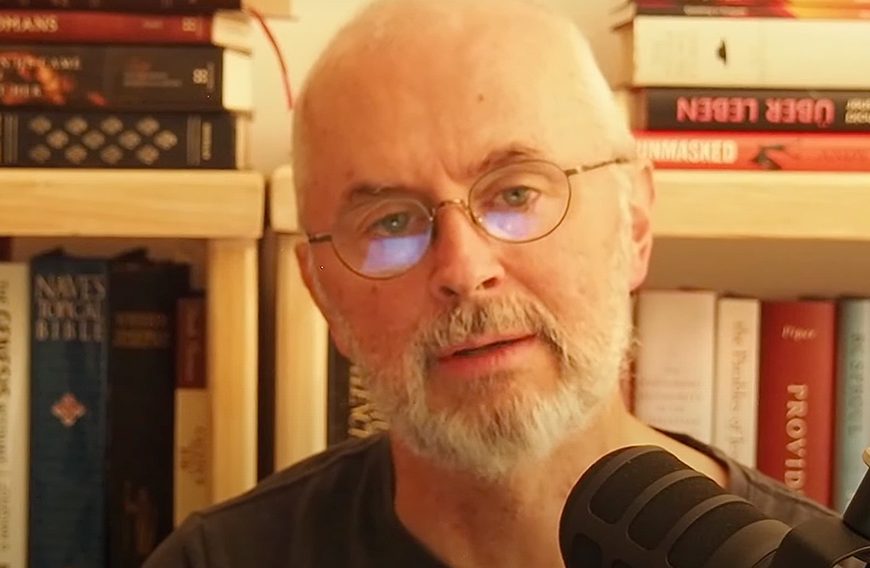In the classic New Testament passage on civil government, we are informed that rulers are a terror to those who do evil (Romans 13:3). But today throughout the ‘free’ West we see governments being a terror to good, law-abiding citizens. Something has gone radically wrong.
This is not how the state is supposed to operate – at least according to Scripture. Sure, throughout most of human history tyrannical leaders, power grabs, and despotism have been the norm, while free and democratic societies have been the exception.
And hardly any nation was conceived in liberty and the desire to minimise the power and scope of the state. But we had at least one remarkable exception: the United States of America. In what was an almost unprecedented experiment in freedom and limited government, the founding of America was one of the great political stories of human history.
In fact, the Founding Fathers were almost as one in seeking to bring about the new Republic in a way that would take full cognisance on the fact that people are fallen and sinful, and therefore the desire of some for power and control over others is a mainstay of human history.
How could this new Republic be created so that this tendency to rule over others and seek ever more power could be kept in check? The amazing story of America’s beginning is all about how this might be brought about. And in so many ways it was an incredible success.
Entire libraries are filled with books about the almost miraculous beginnings of the United States, and how so many Christians were involved in this incredible experiment in liberty and restrained governance. I have written often on this, click here, for example.
And see some stirring quotes by the Founding Fathers here.
As mentioned, plenty of books can be appealed to here, but I want to focus on one brand-new volume that is worth being aware of by American historian Robert Tracy McKenzie. The book is We the Fallen People: The Founders and the Future of American Democracy (IVP, 2021).
He has written on such subjects before, including, The First Thanksgiving: What the Real Story Tells Us About Loving God and Learning from History (IVP, 2013), which I have mentioned earlier.
This article on his new volume will not be a proper book review. Here I just want to offer a few quotes to demonstrate what the Founders had in mind, and to spur your interest in perhaps grabbing a copy of this for yourself. And it should be noted that this volume is not purely historical in nature – he does spend some time on how America today can apply the lessons learned from its founding.
While all the meaty and detailed information is found in the various chapters, I will just offer some snippets from his opening and closing chapters. Early on he looks at how the Framers of the Constitution saw things. They were “realists to the core. Convinced that a republic was the best form of government, they were equally certain that it was not a perfect form of government. ‘Perfection is not the lot of human institutions,’ delegate Oliver Ellsworth observed. ‘That which has the … fewest faults is the best we can expect’.”
He continues:
As the Framers saw it, the “diseases most incident to republican government” stemmed chiefly from our flawed human nature. The problem as they understood it is not that we’re wholly evil; it’s that we’re not reliably good.
Therein lay the Framers’ greatest challenge. They were committed to establishing a republic, and they knew that in any form of government worthy of the name, “the majority must ultimately decide.” But a republic is also, and always, a thing of fallen people, and that makes majority rule problematic. The majority could be misled by ambitious leaders, follow passion rather than reason, and pursue self-interest at the price of justice. This meant that majority rule was essential in principle and fallible in practice. With a sophistication ill-suited to our contemporary all-or-nothing politics, the Framers held these conflicting views simultaneously, in uneasy tension.
In his concluding chapters he says this:
The delegates who gathered in Philadelphia in 1787 knew that officeholders could be corrupted by power. . . . The Framers knew that there would be no angels in the government, and no angels in the electorate, and they planned accordingly. They designed a Constitution for fallen people. Its genius lay in how it held in tension two seemingly incompatible beliefs: first, that the majority must generally prevail; and second, that the majority is predisposed to seek personal advantage above the common good….
Living out a conviction of original sin will require that we confess the allure of power, acknowledge the danger of power, and work proactively to mitigate the abuse of power. If we accept the reality of original sin, we’ll know that the seductiveness of power is fueled by our self-interested nature. In our fallenness, what we want above all is to rule ourselves, and please ourselves, and power promises to facilitate what our hearts desire most. The Founding Fathers felt this keenly, which is why their writings reverberate with warnings about “the love of power,” the “threat of power,” the “natural lust for power so inherent in man.”
It should be noted that McKenzie is no gung-ho conservative. Thus not all of my readers may be happy with everything that he says in this book. I am not always happy either! But because he is a committed Christian, I think he is more or less on the right path when he says this near the end of his book:
So what will it mean to live out politically a deep conviction of original sin? It won’t mean working harder to increase Christian influence in politics. It won’t involve bringing “power to the people.” It will have nothing to do with efforts to “make America great again” by “draining the swamp” in Washington, nor with campaigns to “make America good again” by placing the other party in power. Each of these responses in some sense externalizes evil by placing the fundamental source of our troubles entirely outside of ourselves.
Conversely, it will require agreeing with the Framers that power is dangerous whoever wields it, not just when it is controlled by our political rivals. We will know that we can be agents of oppression, just as we can be the authors of our own subjugation. As a result, we will be fearful of any leader unwilling to question his own virtue and wisdom, appalled by any politician who dares to proclaim “I alone can fix it,” and skeptical of any figure eager to portray political opponents as “enemies.”
At bottom, living out politically a conviction of original sin means internalizing Solzhenitsyn’s insight about “the line separating good and evil” passing within our hearts. It will daily demand that we make the apostle Paul’s declaration our own: “Christ Jesus came into the world to save sinners, of whom I am chief.”
I have often said that politics alone cannot save us. And I have often said that simply changing the government of the day will not solve all our problems. Yes, I think some politicians and some parties are better than others, but none can save us from what really matters. Only Christ can do that.
McKenzie closes by referring to one lesser-known delegate from Maine, Samuel Thompson who like the others also had a sceptical view of human nature:
If anything, he thought they were too optimistic. When the defenders of the Constitution ridiculed him for conjuring imaginary dangers, he reiterated the principle that undergirded them: “I extremely doubt the infallibility of human nature.” And the basis for his doubt? “Sir, I suspect my own heart,” Thompson confessed, “and I shall suspect our rulers.”
I suspect my own heart. I don’t know enough to be certain that this Maine tavern keeper believed literally in original sin, but it sure sounds as if he did. Samuel Thompson’s perspective is sorely lacking today, but it doesn’t have to be nonexistent. We can model it, by the grace of God, before a watching world.
Whether the American experiment can ever be properly revitalised and resuscitated remains to be seen. But having a clear understanding of what the original Fathers believed and what they aimed to achieve is a vital first step if there is to be any restoration of America to its former greatness.

















